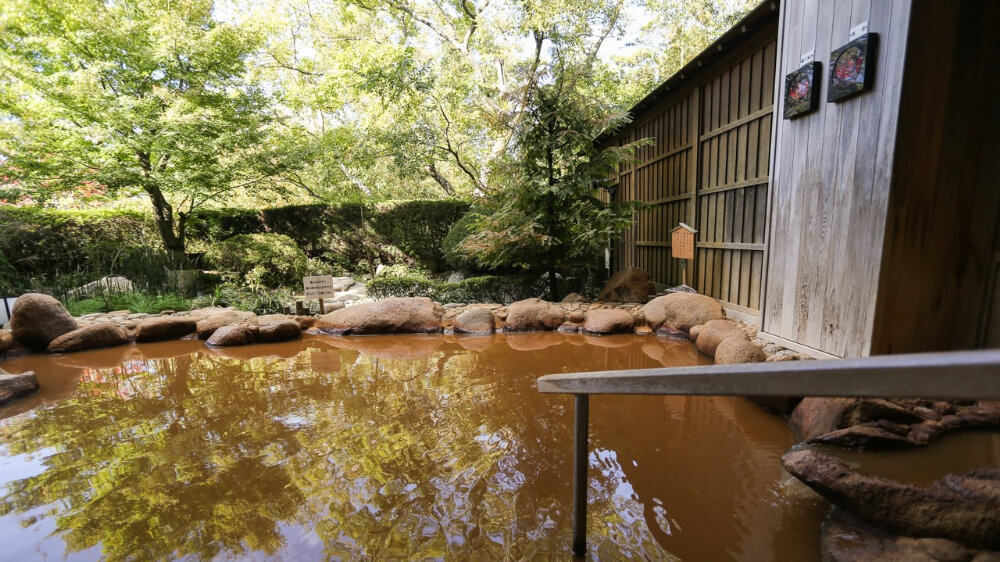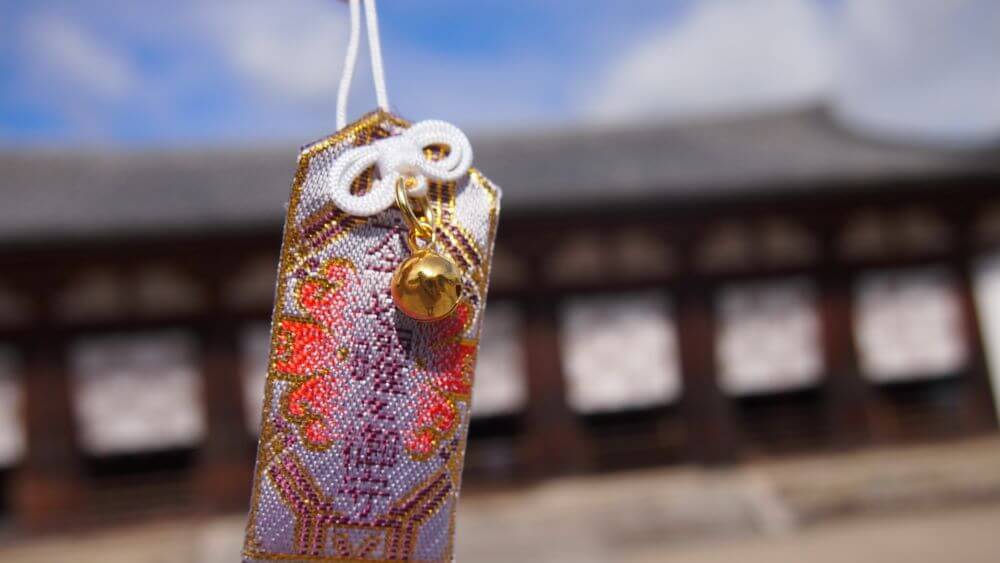Hot springs, or “onsen” in Japanese, have been a beloved tradition in Japan for a long time. They offer a great chance to enjoy the changing seasons of nature while healing both your mind and body.
As a tour planner who has visited onsen across Japan, I’ve carefully selected my top 10 favourites from various regions to share with you in this article.
Onsen Location Map
10 Best Hot Springs in Japan
Kusatsu Onsen (Gunma)
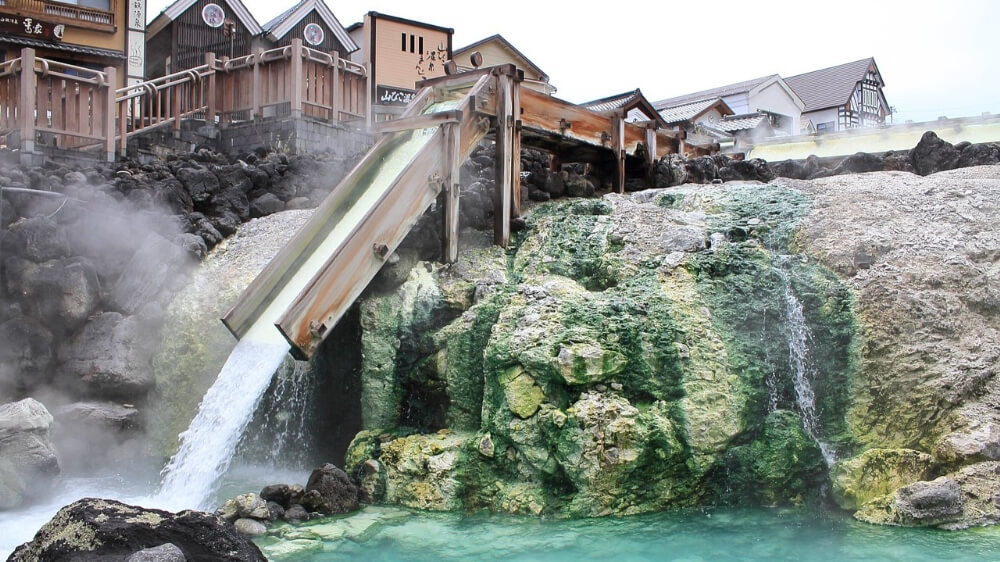
| Quality of Water | ★★★★★ Excellent |
| Accessibility | ★★★★☆ Very Good |
| Atmosphere | ★★★★☆ Very Good |
| Sightseeing Attractions | ★★★★★ Excellent |
Definitely one of Japan’s best hot springs, renowned for its exceptionally high-quality spring water. Steam rises in the heart of town, and foot baths that can be used for free are available everywhere.
This popular destination boasts a variety of restaurants and souvenir shops, creating a lively atmosphere year-round.
Spring Water Quality: Sulfur Springs, Acidic Springs, Chloride Springs
Access: Approximately 2 hours 30 minutes by express train from Tokyo + 30 minutes by bus, or 4 hours by highway bus.
Hakone Yumoto Onsen (Kanagawa)
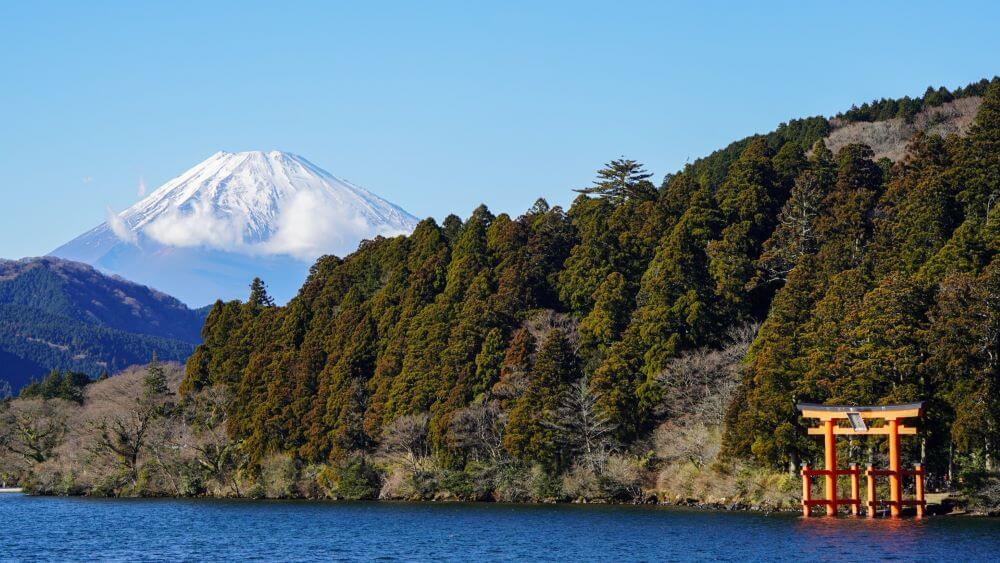
| Quality of Water | ★★★★☆ Very Good |
| Accessibility | ★★★★★ Excellent |
| Atmosphere | ★★★☆☆ Good |
| Sightseeing Attractions | ★★★★★ Excellent |
Among Japan’s most famous hot springs, Hakone Yumoto Onsen boasts excellent accessibility, high-quality spring water, abundant sightseeing spots, and breathtaking natural beauty, ensuring satisfaction for all visitors.
By taking the Hakone Tozan Railway deeper into the mountains, one can also visit other hot springs in Hakone village, such as Gora Onsen and Miyanoshita Onsen.
Spring Water Quality: Simple Hot Springs, Chloride Springs
Access: Approximately 75 minutes by Romancecar from Tokyo.
Arima Onsen (Hyogo)
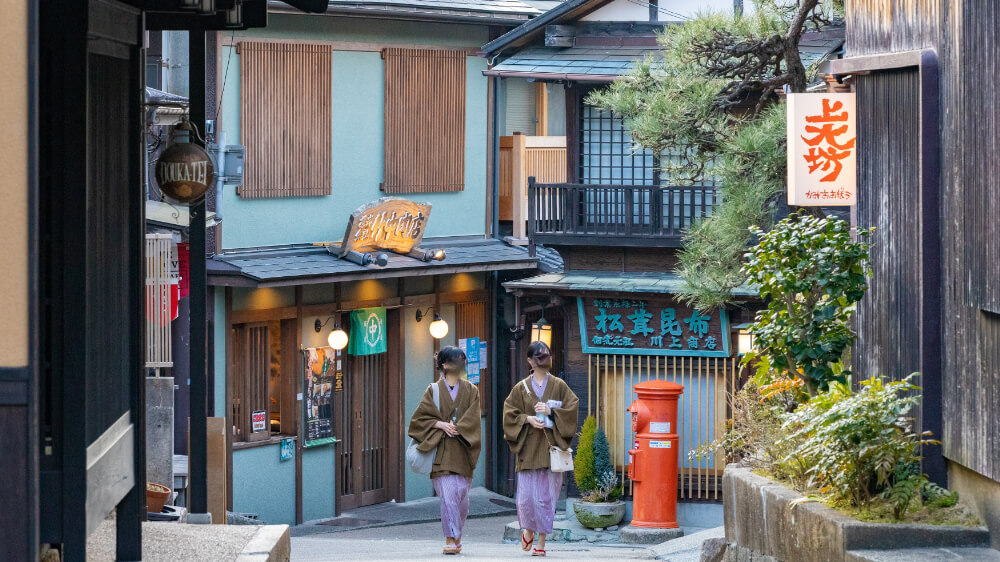
| Quality of Water | ★★★★★ Excellent |
| Accessibility | ★★★★☆ Very Good |
| Atmosphere | ★★★★★ Excellent |
| Sightseeing Attractions | ★★★☆☆ Good |
Often regarded as one of the best hot springs in Japan, Arima Onsen exudes an atmosphere of old-world charm. Lined with historic architecture and ryokan, the town exudes a tranquil ambience.
Recommended for couples and those interested in history and culture. The contrast between the ferruginous springs, known as the “Golden Bath,” and the radioactive springs, called the “Silver Bath,” is distinctive.
Spring Water Quality: Simple Hot Springs, Carbon Dioxide Springs, Carbonate Springs, Chloride Springs, Sulfate Springs, Ferruginous Springs, Radioactive Springs
Access: Approximately 30 minutes by Hankyu Kobe Line from Kobe, or 1 hour by Hankyu Line from Osaka.
Kinosaki Onsen (Hyogo)
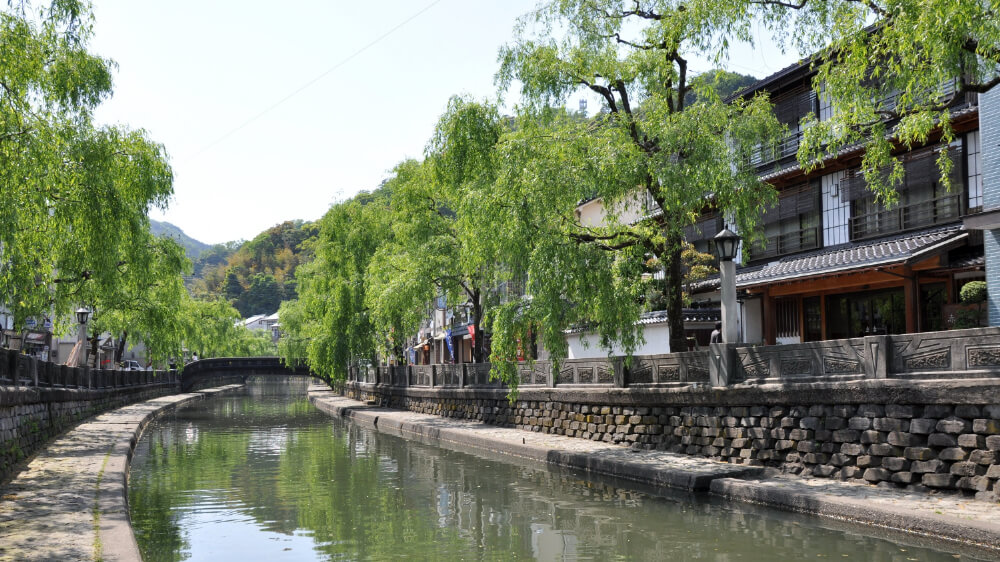
| Quality of Water | ★★★★☆ Very Good |
| Accessibility | ★★★★☆ Very Good |
| Atmosphere | ★★★★★ Excellent |
| Sightseeing Attractions | ★★★☆☆ Good |
Kinosaki Onsen is a small hot spring town nestled in the mountains of Hyogo Prefecture. With its nostalgic atmosphere, visitors can enjoy “sotoyu-meguri,” where one ticket grants access to seven different hot springs.
It’s the perfect destination for couples and those interested in history and culture to stroll along the river in traditional kimono attire.
Spring Water Quality: Chloride Springs
Access: Approximately 2 hours 40 minutes by express train from Osaka, or 2 hours 20 minutes by express train from Kyoto.
Beppu Onsen (Oita)
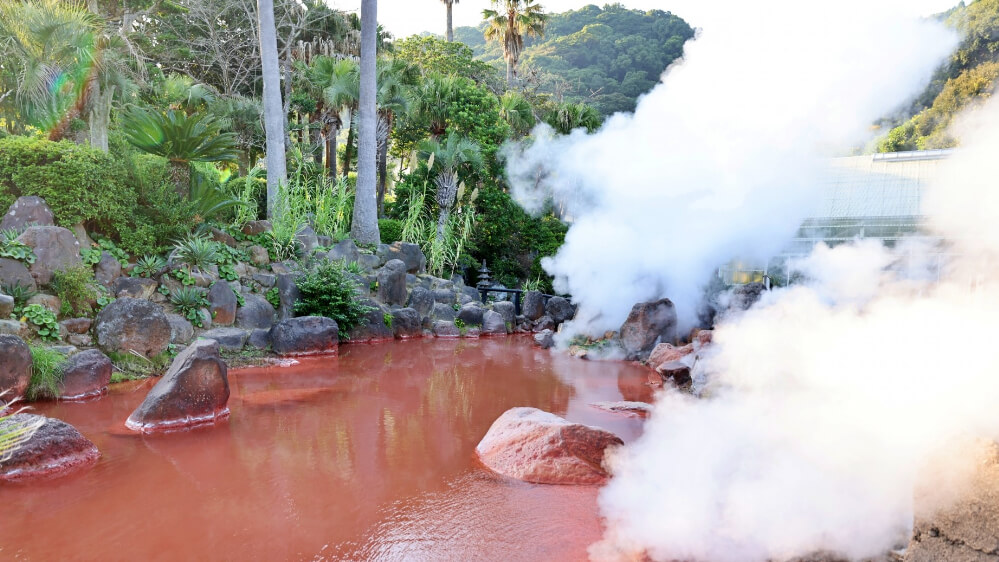
| Quality of Water | ★★★★★ Excellent |
| Accessibility | ★★★★☆ Very Good |
| Atmosphere | ★★★☆☆ Good |
| Sightseeing Attractions | ★★★★★ Excellent |
Beppu boasts the largest volume of hot spring water in Japan and is also renowned for its high-quality spring water.
The “Hell Tour” in Beppu is a must-do activity, where visitors are overwhelmed by the power of nature. Beppu city not only has numerous bath facilities, but also offers opportunities to enjoy fresh seafood.
Spring Water Quality: Simple Hot Springs, Carbon Dioxide Springs, Carbonate Springs, Chloride Springs
Access: Approximately 2 hours by express train from Fukuoka Hakata.
Dogo Onsen (Ehime)
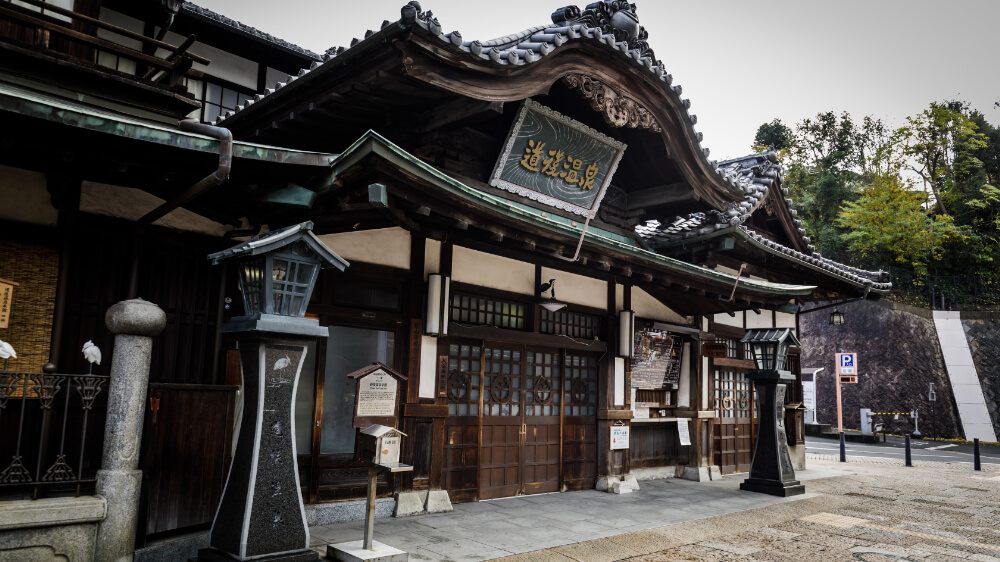
| Quality of Water | ★★★★☆ Very Good |
| Accessibility | ★★★☆☆ Good |
| Atmosphere | ★★★☆☆ Good |
| Sightseeing Attractions | ★★★★☆ Very Good |
Dogo Onsen is known for its 3,000-year history as a “literary landmark.” The Dogo Onsen Main Building, designated as an important cultural property, is a must-visit architectural gem. The town is well-equipped with accommodations and restaurants, ensuring a comfortable stay.
Spring Water Quality: Simple Hot Springs
Access: Approximately 20 minutes by tram from Matsuyama, or 90 minutes by plane from Tokyo followed by 1 hour by limousine bus.
Noboribetsu Onsen (Hokkaido)
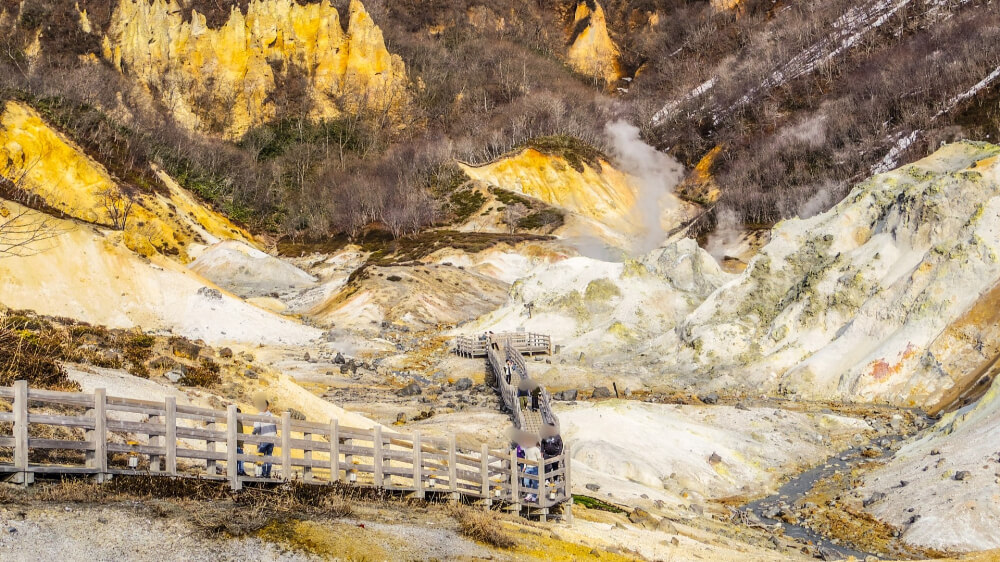
| Quality of Water | ★★★★★ Excellent |
| Accessibility | ★★★★☆ Very Good |
| Atmosphere | ★★★☆☆ Good |
| Sightseeing Attractions | ★★★★☆ Very Good |
Noboribetsu Onsen, renowned for its high-quality hot springs, is particularly well-known among the many fine hot springs in Hokkaido. Access from Sapporo is relatively easy. As you can enjoy skiing and hiking in Hokkaido, Noboribetsu Onsen is especially recommended for nature lovers.
Spring Water Quality: Carbonate Springs, Chloride Springs, Sulfate Springs, Ferruginous Springs, Sulfur Springs, Acidic Springs, Radioactive Springs
Access: Approximately 15 minutes on foot from JR Noboribetsu Station, or 70 minutes by express train from Sapporo.
Kinugawa Onsen (Tochigi)
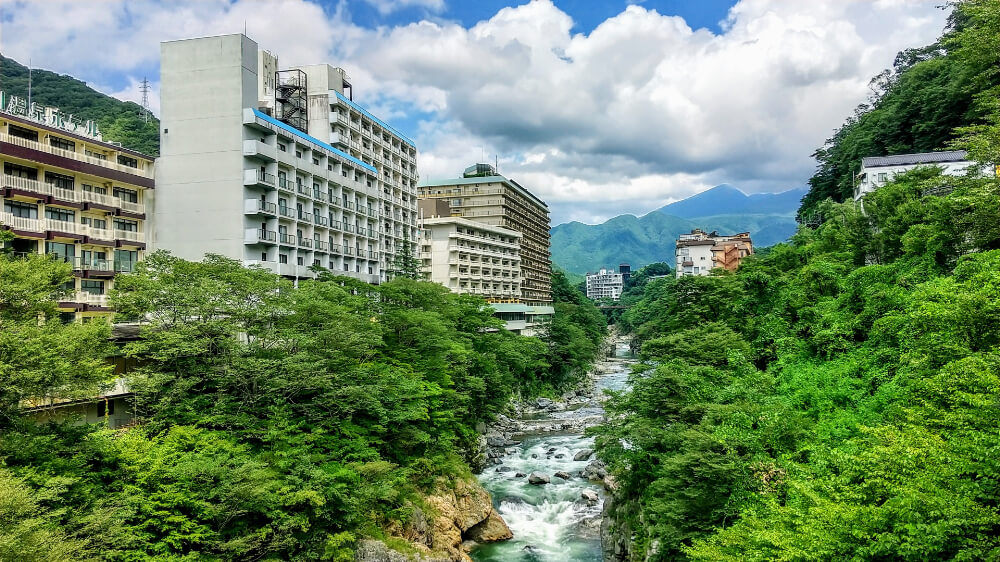
| Quality of Water | ★★★☆☆ Good |
| Accessibility | ★★★★★ Excellent |
| Atmosphere | ★★★☆☆ Good |
| Sightseeing Attractions | ★★★★☆ Very Good |
Kinugawa Onsen, with excellent access from Tokyo, has long been known as one of the largest hot spring resorts in the Kanto region. In addition to its rich variety of tourist spots and activities, the area offers abundant natural beauty. The autumn foliage season is especially recommended.
Spring Water Quality: Simple Hot Springs
Access: Approximately 2 hours by express train from Tokyo.
Gero Onsen (Gifu)
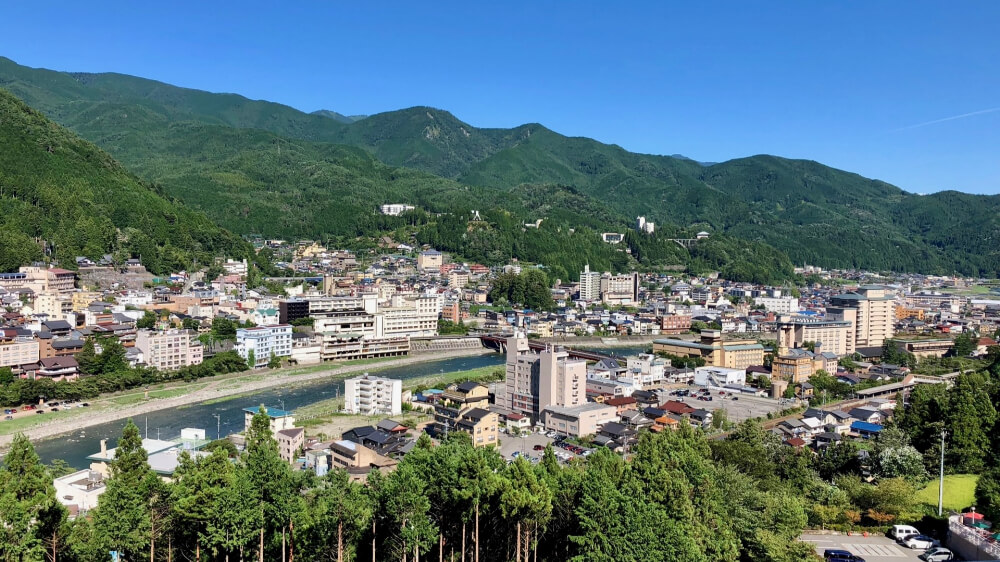
| Quality of Water | ★★★★★ Excellent |
| Accessibility | ★★★☆☆ Good |
| Atmosphere | ★★★☆☆ Good |
| Sightseeing Attractions | ★★★★☆ Very Good |
Gero Onsen is often chosen as one of Japan’s best hot springs for its quality of spring water. The smooth and silky water is said to be good for the skin. The hot spring town is filled with restaurants, ryokan and shops, and there are also nearby famous tourist spots such as “Gassho Village.”
Spring Water Quality: Simple Hot Springs
Access: Approximately 90 minutes by express train from Nagoya.
Kurokawa Onsen (Kumamoto)
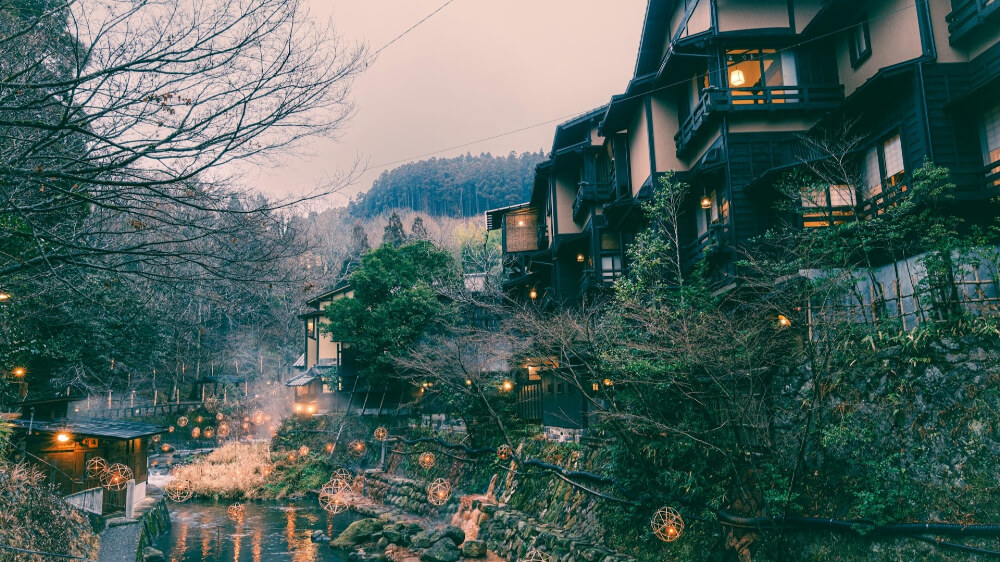
| Quality of Water | ★★★★☆ Very Good |
| Accessibility | ★★☆☆☆ Fair |
| Atmosphere | ★★★★★ Excellent |
| Sightseeing Attractions | ★★☆☆☆ Fair |
Located in the mountains of Kumamoto Prefecture, the small hot spring village of Kurokawa exudes a calm atmosphere. Known for its beautiful nature and reputable spring water quality, the town offers a small number of high-quality ryokan. Recommended for those seeking a quiet and refined experience.
Spring Water Quality: Simple Hot Springs, Carbonate Springs, Chloride Springs, Sulfate Springs, Ferruginous Springs, Sulfur Springs
Access: Approximately 3 hours by highway bus from Fukuoka Hakata.
Other Recommended Hot Springs
Hottarakashi Onsen (Yamanashi Prefecture): A popular daily-use hot spring facility where visitors can enjoy views of Mount Fuji. Features two different baths, each with unique characteristics.
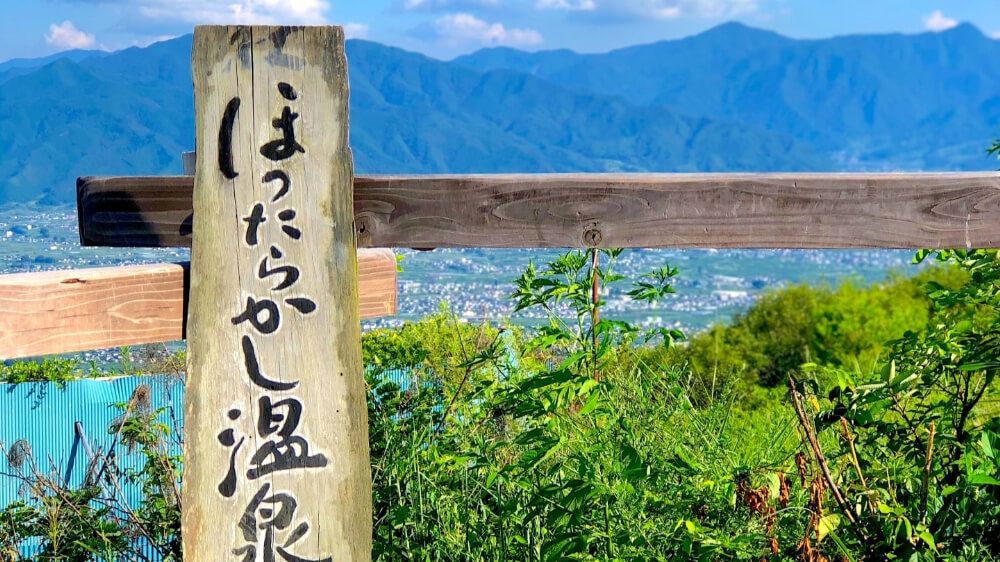
Nyuto Onsen (Akita Prefecture): Known as one of Japan’s top secluded hot springs, characterised by its milky white water. Access can be challenging, but it’s worth the visit.
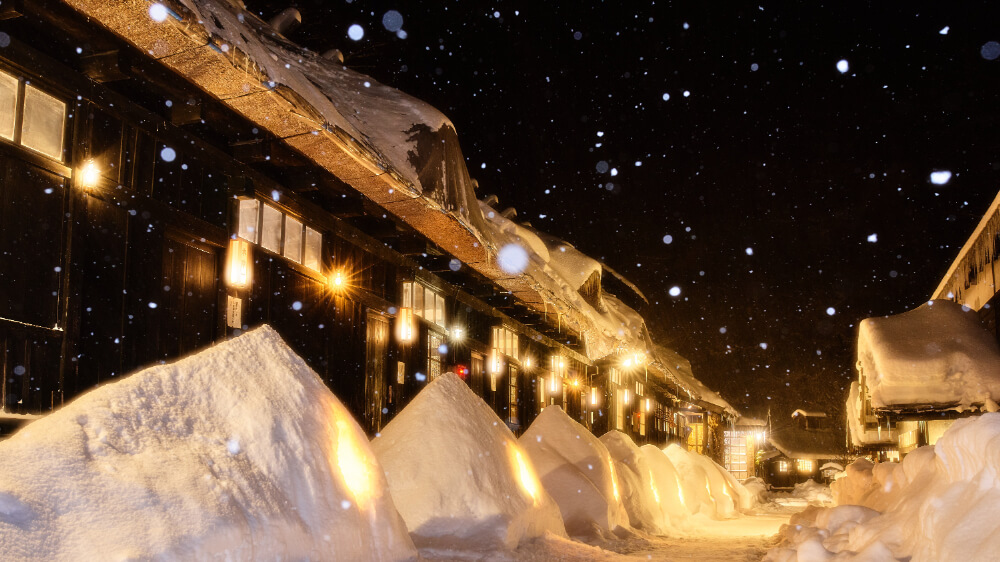
Ginzan Onsen (Yamagata Prefecture): This hot spring town hidden in the mountains has a highly enchanting atmosphere. It is recommended to leisurely stay here while immersing yourself in its nostalgic ambience.
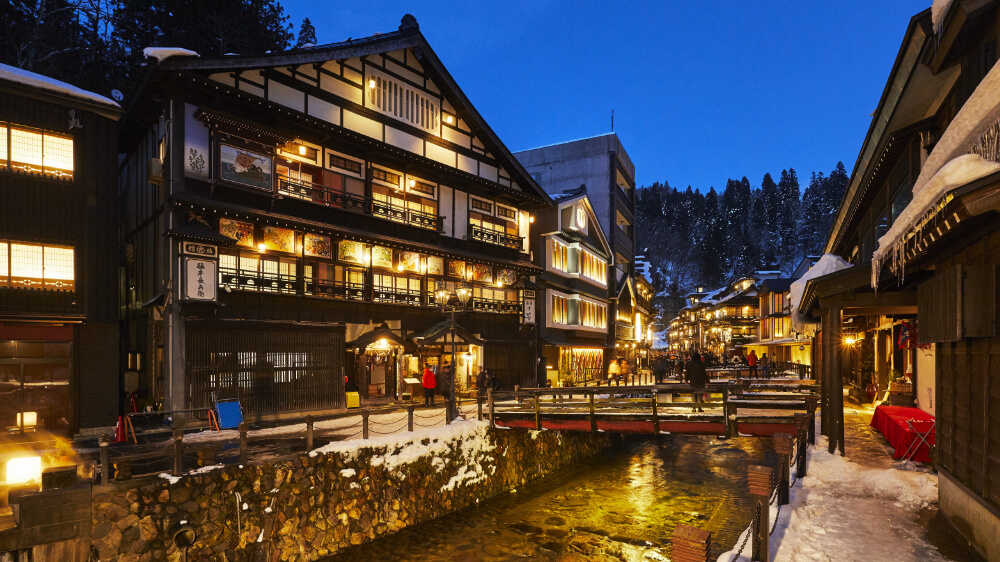
There are important manners to follow when having a bath at onsen in Japan. If it’s your first time, please be sure to read “Onsen Etiquette in Japan and How to Bathe” before visiting.
Take a break from the constant hustle and bustle of daily life, immerse yourself in the blessings of nature, heal your minds and bodies, and enjoy a blissful moment of rejuvenation!
